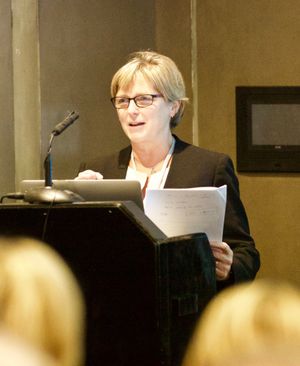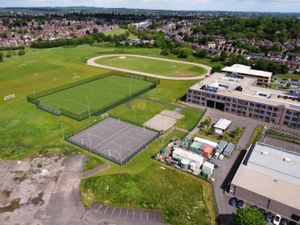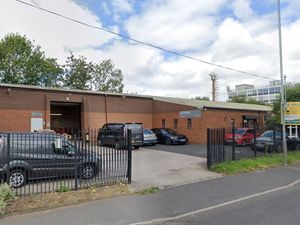Reboot pending as exam cheats log on
Solutions to some computer science assessments were posted online hours before the test this summer. Now an overhaul is on its way

The Government is planning to reform a key GCSE after it emerged that cheating in it had become widespread.
Ofqual says that coursework assessments in computer science – worth 20 per cent of an overall 9 to 1 grade – were posted online prior to exam day this year.
In many cases detailed solutions were provided in posts that were viewed thousands of times, according to the exams regulator, which also said teachers may have been behind some of the leaked papers.
It warns that the ‘apparent extent of malpractice’ in the qualification makes it impossible for exam boards to ensure that the grades awarded next summer will fairly reflect students’ abilities – unless changes are made to the assessments.
So in a highly unusual move, the regulator is planning to scrap this part of the qualification, which affects two year groups including thousands of pupils across the Black Country and Staffordshire.
The first group of students impacted by the breach are due to sit the exam in the summer of 2018. The scandal emerged when monitoring staff from Ofqual noticed that numerous posts were appearing in online forums about the the non-exam assessment, featuring questions and potential answers.
A spokesman for Ofqual said the posts were ‘contrary to exam board rules’ and added: “Detailed solutions have been provided in many cases, and some of these posts have been viewed thousands of times.”
This is against the rules and changes would be needed so grades could be awarded fairly next summer, the spokesman said. The regulator is running a short consultation on how to proceed, with its preferred option being to keep the non-exam assessment task, but to change it so it no longer contributes to the overall mark.
The regulator reasons that this part of the assessment is vital in terms of preparing students for their exam, although critics say it will become pointless if no grading is involved.

Julie Swan, executive director for general qualifications, said: “It is with great reluctance that we are proposing to change a qualification for which students are already studying. However, we must take immediate action to address these issues and the potential impact on confidence in relation to this qualification.
“Subject to the consultation responses, we believe our preferred solution will deliver fairer and more reliable results than would otherwise be the case. It will also allow us to be confident that standards will be set appropriately.”
Geoff Barton, of the Association of School and College Leaders, said it was ‘an enormously frustrating situation for all concerned’, but conceded that Ofqual had no option other than to look at alternative arrangements. He added that other options would be needed in the longer term as ‘the ubiquity of online information’ made this form of assessment extremely vulnerable.
The computer science GCSE has already been under pressure in recent years.
Up until the turn of the century it was taught in the majority of schools, but by 2015-16 around half of all secondary schools had stopped offering it. The qualification was taken by around 70,000 students in England this year.
In a recent report the Royal Society urged the Government to increase spending on computer education ten-fold over the next five years to ensure youngsters can ‘unlock the full potential of new technologies’.
The report concluded that the lack of skilled teachers was a major reason behind schools not running the subject, although the Department for Education said its popularity had started to rise. “We want to ensure our future workforce has the skills we need to drive the future productivity and economy of this country and that is why the government made computing a compulsory part of the national curriculum,” a spokesperson said. “Computer science GCSE entries continue to rise more quickly than any other subject.”
Professor Steve Furber, who worked on the report for the Royal Society, said: “The report paints a bleak picture in England, which meets only 68 per cent of its computing teacher recruitment targets and where, as a result, one in two schools don’t offer computer science at GCSE, a crucial stage of young people’s education.”
He added that ‘overhauling the fragile state of our computing education’ would require an ambitious, multi-pronged approach.
The society has called for a £60m investment in computer education over the next five years and for 8,000 secondary school computing teachers to be trained.
The Ofqual consultation on the non-exam assessment will run until December 22 and includes a discussion on the need to consult on a long-term solution for non-exam assessment as part of the qualification.
Responses will be reviewed over Christmas and a decision announced in the week beginning January 8, 2018.




